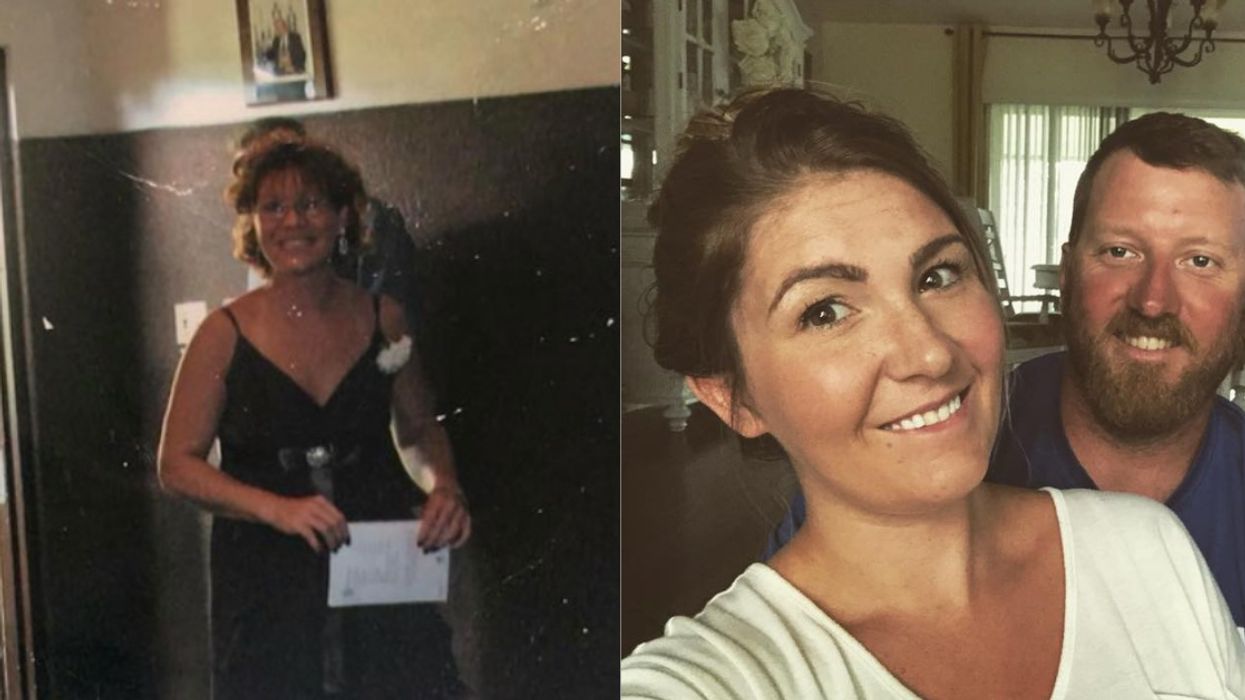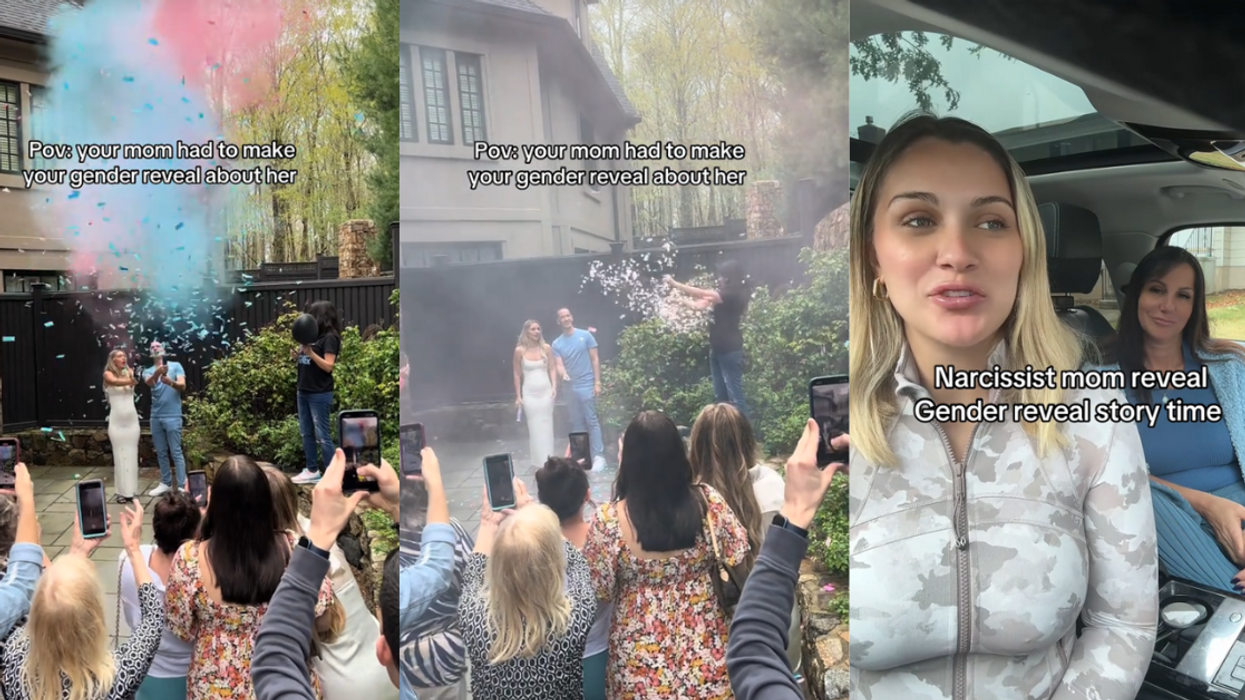Are you ready for some feels?
Because you are about to have ALL of them.
Nikki Pennington lost her mother five years ago to brain cancer.
The two were very close, and as such, it was very hard on Nikki.
Her mom had the ability to get Nikki to remain calm even in the face of severe anxiety. When she died, Nikki feared that would be lost.
It turns out, however, that Nikki's mom had passed on her wisdom to Nikki's husband in the form of a note.
The day my Mom died I called my husband. I said, 'My person is gone. The one that knew me and loved me with all my flaws. The one, the only one who could calm my fears, she's gone.'
Then he began to tell me a story about my Mom. A story about her that I never knew before because she didn't want me to know. You see on our wedding day; my Mom gave my husband a note. A note that was just for the two of them. A note with the title that said, 'How to be Nikki's person.'
It was a step by step guide on what she would say and do for me when my anxiety was taking over.
Step 1: Just listen
Step 2: Listen a little more
Step 3: Don't try and solve the problem
Step 4: Tell her you understand
Step 5: Keep listening until she's sorted it out on her own. She will, she always does. She doesn't know it yet, but she's had it figured out on her own all along.
Nikki's husband took on the responsibility ten-fold.
Nikki still misses her mom every day:
"My Mom gave up being my person not because she wanted to but because she wanted my husband to know how to be when she was no longer here," Pennington ended.
"She gave up being my person so that she could make sure I would always have one, no matter what."
Pennington runs her own blog called Grief To Hope. Pennington identifies herself as a "motherless daughter" and most of her posts revolve around her relationship to grief.
The loss of a parent actually biologically and psychologically changes a person.
"In the best case scenario, the death of a parent is anticipated and there is time for families to prepare for the loss, say their goodbyes, and surround themselves with support," psychiatrist Dr. Nikole Benders-Hadi told Fatherly.
"In cases where a death is unexpected, such as with an acute illness or traumatic accident, adult children may remain in the denial and anger phases of the loss for extended periods of time…[leading to] diagnosis of Major Depressive Disorder or even PTSD, if trauma is involved."
On grief, Pennington blogged:
"The truth is, there is no wrong way to grieve and there is no right way either. If there was then there wouldn't be a whole world full of people missing someone because we would all have it figured out and we don't. We are just all out there grieving and missing someone and trying to keep their memory alive the best we can."
"Well Mom, you will still forever be my person."
Do you have the feels? We sure do!















 @realDonaldTrump/Truth Social
@realDonaldTrump/Truth Social

 breast cancer GIF by Baptist Health South Florida
breast cancer GIF by Baptist Health South Florida  Teddy Bear Doctor GIF
Teddy Bear Doctor GIF  feeling neck skin GIF
feeling neck skin GIF  praying GIF
praying GIF